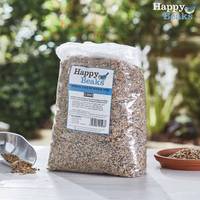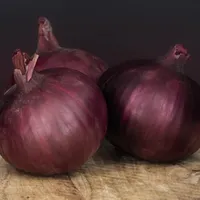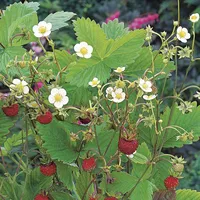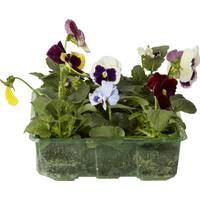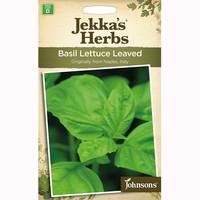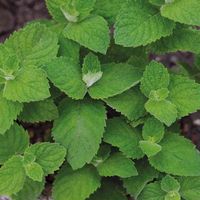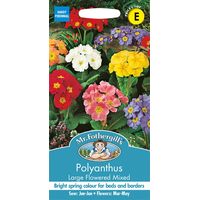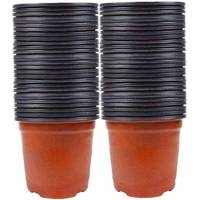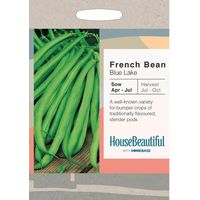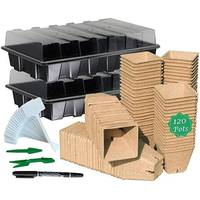Price Tracked On This Product
Highest price was seen £3.99 on 13 Jul 2024
Lowest price was seen £3.49 on 13 Jun 2024
Average price is £3.49 base on 2 price changes
Most recent price is £3.99
[[{"meta":"13 Jun 2024","value":3.49},{"meta":"13 Jul 2024","value":3.99}]]
Description
Attempt your own record-breaking Sunflowers with 'Tall Timbers'! This is a hybrid form of 'Russian Giant' offering improved vigour, reaching 3m with no special care. 'Tall Timbers' also produces impressive flowers with rich chocolatey centres – the archetypal sunshine yellow sunflowers that you’ll love. Ideal for cottage gardens, wildlife gardens and as cut flowers. Culinary note: some parts of these flowers are edible. Try toasting the seed kernels for a healthy snack.Direct sow Sunflower seeds outdoors where they are to grow from April to May. Choose a position in full sun on well-drained soil which has been raked to a fine tilth. Sow seeds thinly, at a depth of 1cm (1/2") in drills spaced 45cm (18") apart and cover seed with its own depth of soil to exclude light. Water the ground regularly, especially during dry periods. Germination usually takes up to 21 days. When sunflower seedlings are large enough to handle, thin them out to 30cm (12") apart.Alternatively, sow indoors in individual 7.5cm (3") pots from March to April at a temperature of 20-25C (68-77F). Once germinated, grow sunflower plants on in cooler conditions until large enough to plant outdoors after all risk of frost has passed.Companion planting: try growing sunflowers with chives to deter aphids.Product specifications:Position: Full SunHeight: Up to 300cm when fully establishedSpread: Up to 60cm when fully establishedSupplied as 1x Sunflower 'Tall Timbers' seed packet (approx. 30 seeds)Flowering period – July to SeptemberImages shown are for guidance only of the expected results from plants upon maturity. Different growing conditions might vary results. Image may be included for illustration of supply but can vary due to seasonality changes (e.g. deciduous plants lose leaves in colder months).
You may also like
loading
Discover more










































